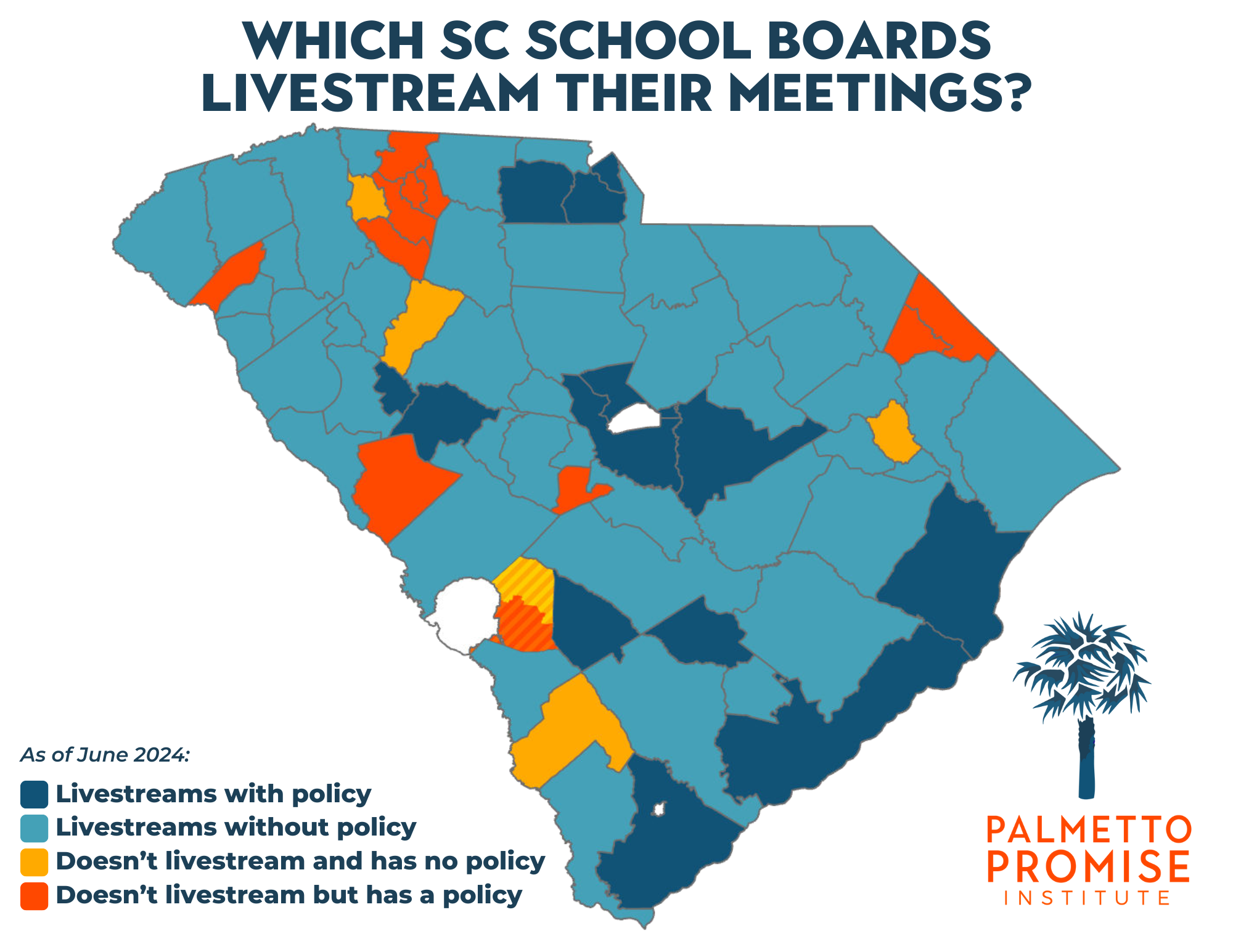2022 in View: Don’t Forget About Criminal Justice Reform
As 2021 was drawing to a close, dozens of bills were pre-filed in the South Carolina State House and Senate. One bill stands out for its impact on criminal justice reform. H.4586 would open up the opportunity for criminal record expungement to more people and bring South Carolina’s criminal record expungement laws in line with the rest of the nation. This bill would make citizens with nonviolent offenses eligible for record expungement 10 years after they complete their sentence, including probation and parole, if they have no current pending charges or other offenses during that time.
Currently, 37 states offer limited or broad expungement, setting aside, or sealing criminal records. This includes our neighboring states North Carolina and Tennessee. North Carolina passed a similar bill called the 2020 Second Chance Act which allowed a single nonviolent felony to be expunged 10 years after the completion of the person’s sentence and a single nonviolent misdemeanor 5 years after.
Criminal record expungement is a useful way to help former offenders get back on track after they have served their sentences. Those with a criminal records face numerous collateral consequences that make being successful in life unnecessarily difficult. In 2013, the South Carolina Appleseed Legal Justice Center published a 40-page report breaking down the collateral consequences of having a criminal record from housing, to education, to unemployment. The snowball effect makes it difficult for non-violent former offenders to turn their lives around.
There are some suggestions for making H.4586 even better. First, South Carolina legislators should consider adopting some of the better aspects of the North Carolina law. Misdemeanors could be eligible for expungement after 5 years instead of 10. Another important provision would ensure that offenders who took a plea bargain to reduce a violent offense to a nonviolent offense would not be eligible for expungement.
The final piece of the puzzle is to consider is expanding expungement beyond government records. Normally, when a citizen is found not guilty or when charges are dropped by prosecutors, it is if the arrest did not happen. The problem is that in the age of the internet, there are a number of predatory criminal record websites that capture mugshots and records the moment they are posted on a police or department of corrections website, usually shortly after an arrest. Even when records are expunged by the state, charges are dropped, or the citizen is found not guilty, the citizen’s booking images live on forever on private websites. These websites will then attempt to charge a fee, often hundreds of dollars, to remove the records from their site. Considering how many websites there are, one arrest without a conviction could cost a citizen thousands of dollars just to get his or her arrest records removed. If the citizens don’t pay, up, the presence of their mugshots on private predatory websites could unfairly hurt their ability to be employed.
A number of states, including our neighbors in Georgia and Florida, now have laws on the books preventing mugshot websites from charging fees to take down records and requiring them to do so when records are expunged by the state. A bill, H 3481, was introduced in the South Carolina General Assembly in 2017 by Rep. Peter McCoy. McCoy later served as United States Attorney for South Carolina. If McCoy’s bill had passed, it would have required mugshot sites to remove any records at no charge within 30 days of a request after the state expunges records.
H.4586 is a great first step for simple and smart criminal justice reform. Those who have served their sentences for non-violent crimes should not be punished for the rest of their lives. At the very least, citizens who are found innocent should not see their mugshots live online forever. If these bills are passed, we can empower a significant number of South Carolinians who have paid their debts to society with the opportunity to improve their lives for the better.







